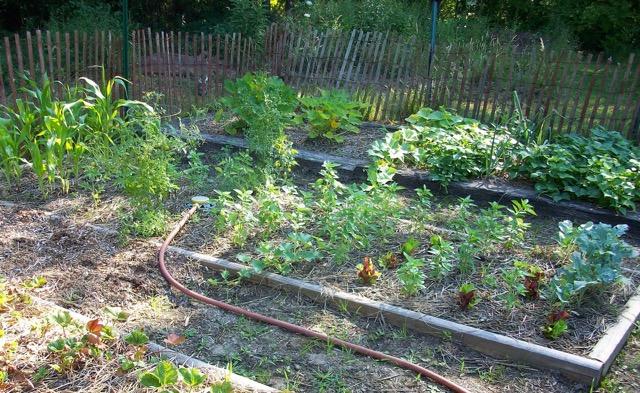Weed out the stress in life
Herb garden on raised beds.
It is early March and spring time will be coming soon, as it does gardeners are getting ready to plant their seeds.
Gardening can be beneficial in a multitude of ways from providing the consumer with more nutrient dense food, a hobby to devote time to, and even mental health benefits.
Whether it’s a vegetable garden or a flower garden the general action of gardening is actually very easy and there isn’t much to do to get started. Some dirt and a few seeds can go a long way.
Gardening is actually a form of horticultural therapy. Horticultural therapy is defined by the American Horticultural Therapy Association (AHTA) as “the engagement of a person in a gardening and plant-based activities.”
This form of therapy is known to help people cope with depression and anxiety, as well as other physical conditions. Gardening also is used to relieve stress because it offers the gardener a sense of control and seeing the finishing product is usually very satisfying.
Chris Cashen, a licensed clinical professional counselor with OSF Behavioral Health stated, “There is just something about having your hands in the dirt. Most people your age (17) don’t garden, but research has showed those with depression, anxiety, and stress the ones who garden don’t have it as severely as those who don’t.”
Normal West is home to a both a greenhouse and a garden; the garden was planted by the students in agriculture class. Junior Kali Hester stated, “We (the class) all had to plant the garden by hand, I’ve never gardened before, but I’d definitely do it again. At first it seemed that it would be a lot of work, but honestly after awhile it doesn’t even feel like work.”
Gardening improves the mental health for people of all ages, which is why students of Normal West are widely encouraged to partake in gardening. With some soil, seeds, water, and time, students can improve their lives in a multitude of ways.
Your donation will support the student journalists of Normal West High School. Your contribution will allow us to purchase equipment and cover our annual website hosting costs. We are incredibly thankful for your generous donation!






